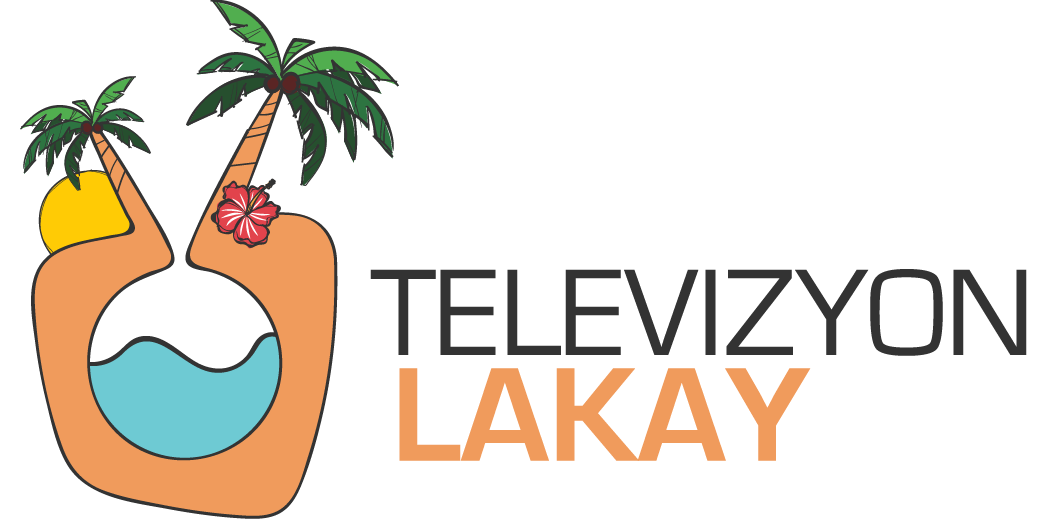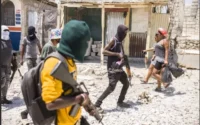Low voter turnout at Venezuela’s sham referendum
 International Court of Justice on Friday ordered Venezuela not to take any action that would alter Guyana’s control over Essequibo, but the judges did not specifically ban officials from carrying out Sunday’s five-question referendum. Guyana had asked the court to order Venezuela to halt parts of the vote.
International Court of Justice on Friday ordered Venezuela not to take any action that would alter Guyana’s control over Essequibo, but the judges did not specifically ban officials from carrying out Sunday’s five-question referendum. Guyana had asked the court to order Venezuela to halt parts of the vote.
Although the practical and legal implications of the referendum remain unclear, in comments explaining Friday’s verdict, international court president Joan E. Donoghue said statements from Venezuela’s government suggest it “is taking steps with a view toward acquiring control over and administering the territory in dispute.”
“Furthermore, Venezuelan military officials announced that Venezuela is taking concrete measures to build an airstrip to serve as a ‘logistical support point for the integral development of the Essequibo,’” she said.
The 61,600-square-mile (159,500-square-kilometer) territory accounts for two-thirds of Guyana and also borders Brazil, whose Defense Ministry earlier this week in a statement said it has “intensified its defense actions” and boosted its military presence in the region as a result of the dispute.
Essequibo is larger than Greece and rich in minerals. It also gives access to an area of the Atlantic where energy giant ExxonMobil discovered oil in commercial quantities in 2015, drawing the attention of Maduro’s government.
Venezuela’s government promoted the referendum for weeks, framing participation as an act of patriotism and often conflating it with a show of support for Maduro. The country has always considered Essequibo as its own because the region was within its boundaries during the Spanish colonial period, and it has long disputed the border decided by international arbitrators in 1899 when Guyana was still a British colony.
That boundary was decided by arbitrators from Britain, Russia and the United States. The U.S. represented Venezuela on the panel in part because the Venezuelan government had broken off diplomatic relations with Britain.
Venezuelan officials contend that Americans and Europeans conspired to cheat their country out of the land and argue that a 1966 agreement to resolve the dispute effectively nullified the original arbitration.
Guyana, the only English-speaking country in South America, maintains the initial accord is legal and binding and asked the International Court of Justice in 2018 to rule it as such, but a decision is years away.
Voters on Sunday had to answer whether they “agree to reject by all means, in accordance with the law,” the 1899 boundary and whether they support the 1966 agreement “as the only valid legal instrument” to reach a solution.
Maduro threw the full weight of his government into the effort. Essequibo-themed music, nationally televised history lessons, murals, rallies and social media content helped the government to divert people’s attention from pressing matters, including increasing pressure from the U.S. government on Maduro to release political prisoners and wrongfully detained Americans as well as to guarantee free and fair conditions in next year’s presidential election.
In a tour of Caracas voting centers by The Associated Press, lines of about 30 people could be seen at some of them, while at others, voters did not have to wait at all to cast their ballots. That contrasts with other electoral processes when hundreds of people gathered outside voting centers from the start.
The activity also paled in comparison with the hours-long lines that formed outside polls during the presidential primary held by a faction of the opposition in October without assistance from the National Electoral Council.
More than 2.4 million people participated in the primary, a number that government officials declared mathematically impossible given the number of available voting centers and the time it takes a person to cast a paper ballot. State media attributed the lack of wait times Sunday to the fast speed at which people were casting their electronic ballots.
Maduro told supporters celebrating the results that it only took him 15 seconds to vote early Sunday.
Ángela Albornoz, a grassroots organizer for the ruling party, told the AP she estimated that between 23% and 24% of the voters assigned to her voting center cast ballots Sunday. Albornoz, 62, said that figure was below her expectations for an event meant to bring together all Venezuelans “regardless of politics.”
Guyana President Mohamed Irfaan Ali on Sunday told Guyanese his government is working continuously to ensure the country’s borders “remain intact” and said people have “nothing to fear over the next number of hours, days, months ahead.”
“I want to advise Venezuela that this is an opportunity for them to show maturity, an opportunity for them to show responsibility, and we call upon them once more join us in … allowing the rule of law to work and to determine the outcome of this controversy,” Ali said.



